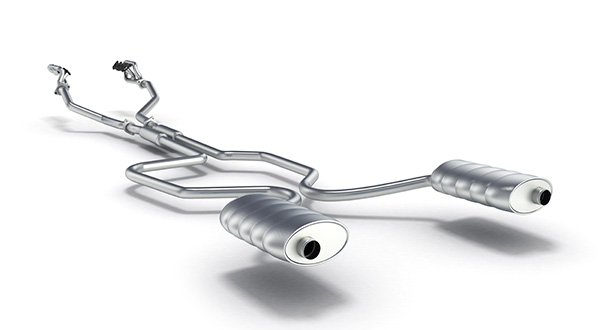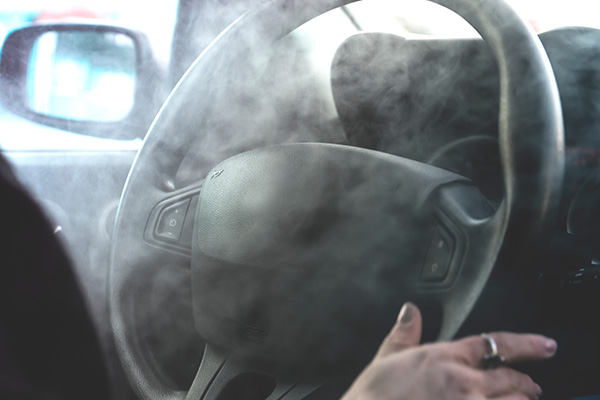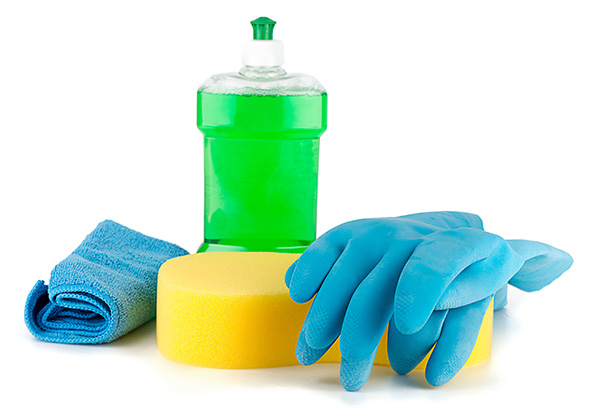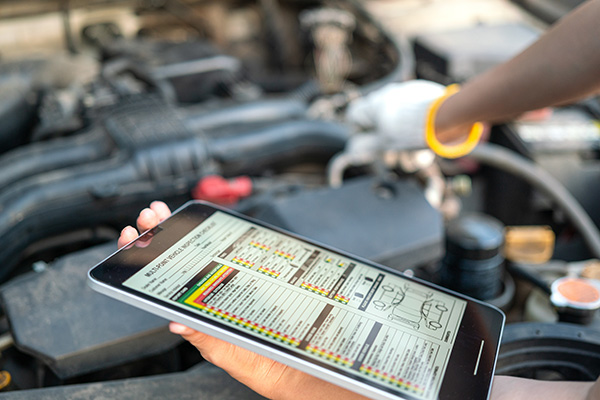Posted on 4/25/2025

Panic attacks can be terrifying no matter where they happen—but experiencing one while driving adds a whole new layer of fear. Your chest tightens, your heart races, and for a moment, it feels like you might lose control. It’s a disorienting experience that can quickly turn dangerous if you don’t know how to respond. If this has happened to you, you're far from alone. The good news is that there are steps you can take to stay safe and regain your sense of control when panic strikes on the road. Recognizing the Onset of a Panic Attack Behind the Wheel A panic attack can come out of nowhere. One minute you’re fine, and the next, your chest tightens, your breathing becomes shallow, and your body feels like it’s in fight-or-flight mode. The sudden surge of adrenaline makes it feel like something is seriously wrong—even if you’ve had a panic attack before. When driving, this becomes particularly dangerous because your abilit ... read more
Posted on 3/28/2025

Your car’s exhaust system does more than just muffle engine noise—it keeps harmful fumes out of the cabin, improves fuel efficiency, and ensures your engine runs properly. When something goes wrong, you might notice strange sounds, reduced performance, or even unpleasant odors. Ignoring these warning signs can lead to bigger issues, including costly repairs and potential health risks. How can you tell if your exhaust system needs attention? Unusual Noises From the Exhaust One of the first signs of exhaust trouble is a louder-than-usual engine sound. If your car suddenly sounds more aggressive or has developed a deep rumbling noise, a leak in the exhaust system may be the culprit. Small cracks or holes in the exhaust pipes, muffler, or manifold can allow gases to escape, leading to increased engine noise. If you hear a hissing or tapping sound, it could indicate a leak near the exhaust manifold or gaskets. These components are responsible for directing ex ... read more
Posted on 2/28/2025

A gas smell inside or around your car is never something to take lightly. While it might seem minor at first, it can indicate a serious problem that could put your safety at risk. Whether the odor is faint or overpowering, it’s a warning sign that something isn’t right with your vehicle’s fuel system. If left unchecked, it could lead to poor fuel efficiency, harmful fumes in the cabin, or even a fire hazard. Understanding what causes a gas smell and taking action as soon as you notice it can prevent dangerous situations and expensive repairs. Gas Smell in Your Car One of the most common reasons your car might smell like gas is a loose or faulty gas cap. If the cap isn’t sealed properly, fuel vapors can escape, creating an odor. While this issue is usually easy to fix by tightening or replacing the cap, persistent gas smells often point to more serious problems. A fuel leak is a major concern, as even small leaks can lead to dangerous situatio ... read more
Posted on 1/31/2025

Nothing ruins the experience of driving quite like a bad odor lingering in your car. Whether it’s from spilled coffee, fast food, or the family pet, unpleasant smells can quickly take over your vehicle, making every trip less enjoyable. Fortunately, getting rid of these odors doesn’t have to be a headache. With the right approach, you can restore your car’s fresh scent and make it a more pleasant space. Identify the Source of the Odor The first step to eliminating any bad smell is to figure out where it’s coming from. Is there a forgotten snack wedged under a seat? Maybe a damp floor mat from that rainy day has started to mildew. Tracing the smell to its origin is key because masking the odor without addressing the cause is only a temporary fix. Check common problem areas like under the seats, inside cup holders, and even in the trunk. Once you’ve located the source, clean or remove it immediately. For stubborn spills, you might need to ... read more
Posted on 12/20/2024

Whether you're gearing up for a cross-country road trip or a weekend getaway, a pre-trip inspection can make all the difference. It’s not just about ensuring a hassle-free ride. It’s about safety, efficiency, and peace of mind. Nobody wants to deal with unexpected breakdowns or delays when they’re supposed to be enjoying the open road. So, before you pack the snacks and hit play on your road trip playlist, let’s talk about why a pre-trip inspection is a must and what it should include. Why Pre-Trip Inspections Matter Road trips involve hours of driving, which can push your car’s systems to their limits. Even if your vehicle seems fine during your daily commute, long distances, and varying road conditions can expose or exacerbate issues. A pre-trip inspection helps you identify potential problems early, saving you from costly repairs, stressful situations, or even accidents down the line. Think of it as ... read more